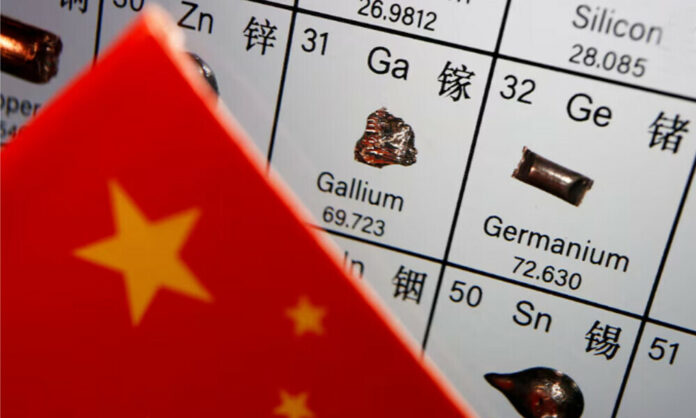Some European auto parts factories have suspended operations as concerns grow over China’s export restrictions on rare earths.
Mercedes-Benz is working with suppliers to build stockpiles of rare earths to reduce supply risks, though it said its production has not yet been affected.
BMW said some suppliers are impacted but its plants are running as usual. The European auto supplier association CLEPA reported that several production lines have shut down due to supply shortages. It said only a quarter of the hundreds of export license requests made by auto suppliers since April have been approved, with some rejected on procedural grounds.
China halted exports of many rare earths and related magnets in April. The move disrupted supply chains for automakers, aerospace firms, chipmakers, and military contractors.
China produces about 90% of the world’s rare earths.
The European Union has identified 13 new projects outside the bloc to boost mineral and metal supplies. EU officials said they are working with China to clarify the situation.
The European Commission said the export controls increase the need to diversify.
China’s decision applies globally and has raised concerns among companies. German and U.S. automakers warned of risks to production.
An Indian EV maker made a similar warning last week.
Autoliv, the world’s top airbag and seatbelt maker, said it is not affected but has set up a task force. Some companies have only a few weeks or months of supply left. ZVEI, a German industry group, said firms feel unsupported and are seeking solutions in China.
Automakers including General Motors, BMW, and suppliers like ZF and BorgWarner are developing motors with little or no rare earth content. BMW uses a magnet-free motor in its new EVs, but still needs rare earths for smaller components.
Volkswagen said it has not seen any shortages so far.
The export curbs followed U.S. tariffs under former President Donald Trump. The controls are seen as part of a broader response by China. Trump had imposed high tariffs on Chinese goods and later reduced them after market reactions.
China responded with its own measures.
Trump and Chinese President Xi Jinping are expected to speak this week. Trump said the export issue will be discussed and described Xi as “very tough” in a social media post.




